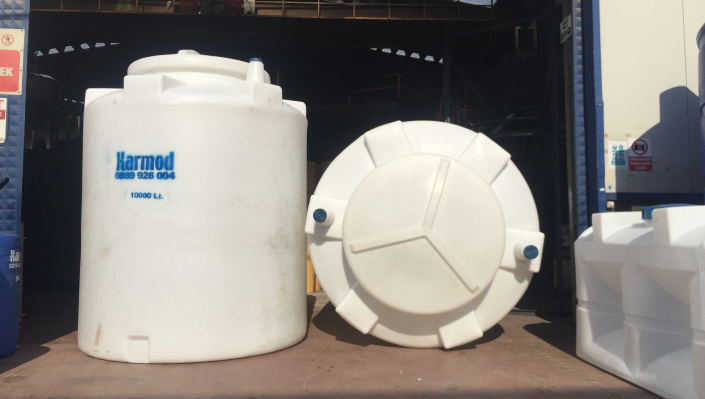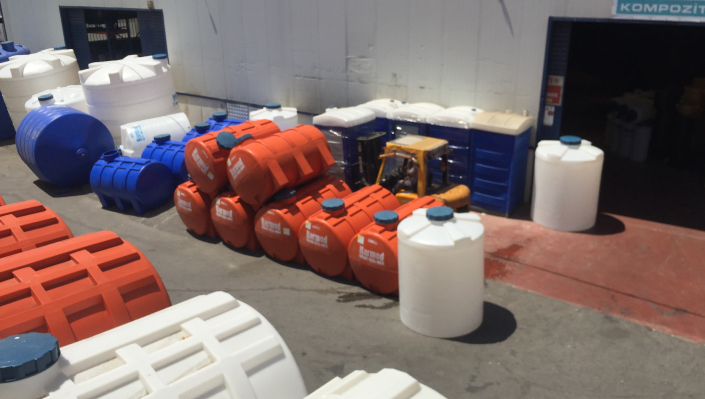Water tanks serve various purposes and are essential tools for protecting and storing food or chemical contents, facilitating transportation if needed, and enabling efficient evacuation and use of the stored materials. While water tanks can store a wide range of contents, water is one of the most stored substances. However, water collected from sources like spring water or rainwater collection systems may contain impurities that can pose health risks. Therefore, a proper filtering process is essential to make the stored water safe for consumption.
For rainwater collection systems, it is crucial to install a robust mesh filter at the entry point of the tank. This filter will prevent larger foreign objects from entering the tank. However, even after this initial filtration, the water is not completely clean and suitable for drinking. For proper purification, a fine-pore filter, sometimes with nanometer-scale pores, should be used to achieve drinkable water quality.

Are Water Tanks Suitable for Storing Food?
One common question regarding water tanks is their suitability for storing food. Different storage products have unique advantages based on their raw materials and designs. While tanks like pickle tanks are specifically designed for a particular purpose, others cater to a broader range of needs.
Water tanks made from polyethylene and stainless steel are the most suitable for food storage.
Polyethylene is internationally recognized as food-safe, making it a popular choice for storing food. Stainless steel is also known for its non-reactive nature with food, making it another safe option. Polyester tanks can also be used for food storage, but they are primarily used for chemical storage in industrial settings. If storing strong chemicals in polyester tanks, isophthalic and epoxy-based vinylester resin is used to provide resistance against corrosive substances.
Stainless steel tanks are classified as the most robust category and are commonly used in the pharmaceutical industry. Due to their insulating properties, they do not allow light penetration, making them ideal for preserving the quality of the stored contents. Moreover, they are highly resistant to punctures or damages, ensuring long-lasting use.

The Significance of Rainwater Collection Systems
Rainwater harvesting systems are essential for buildings in metropolitan areas, given the limited resources of our world. These systems provide an effective way to preserve water, a vital source of life, through rainwater collection.
Implementing a rainwater collection system is a straightforward process. All you need is to select one of the polyethylene water tank models with an affordable price tag. Then, identify the pipe that drains rainwater from your building to the street and position the purchased tank at the outlet of the pipe. If you intend to use the collected water for drinking, additional water filter devices are necessary.
In conclusion, we have explored the importance of filtering water in tanks. To ensure safe water consumption, it is essential to subject the stored water to proper filtering processes. If you plan to set up a rainwater harvesting system and have inquiries about water tanks, please feel free to reach out to our customer representatives.


 EN
EN
 DE
DE
 FR
FR
 IT
IT
 ES
ES
 PT
PT
 RU
RU
 AR
AR
 BG
BG
 SR
SR
 GR
GR
 SQ
SQ
 RO
RO
 PL
PL
 HU
HU
 CZ
CZ
 HR
HR
 AZ
AZ
 GE
GE
 AM
AM
 IL
IL